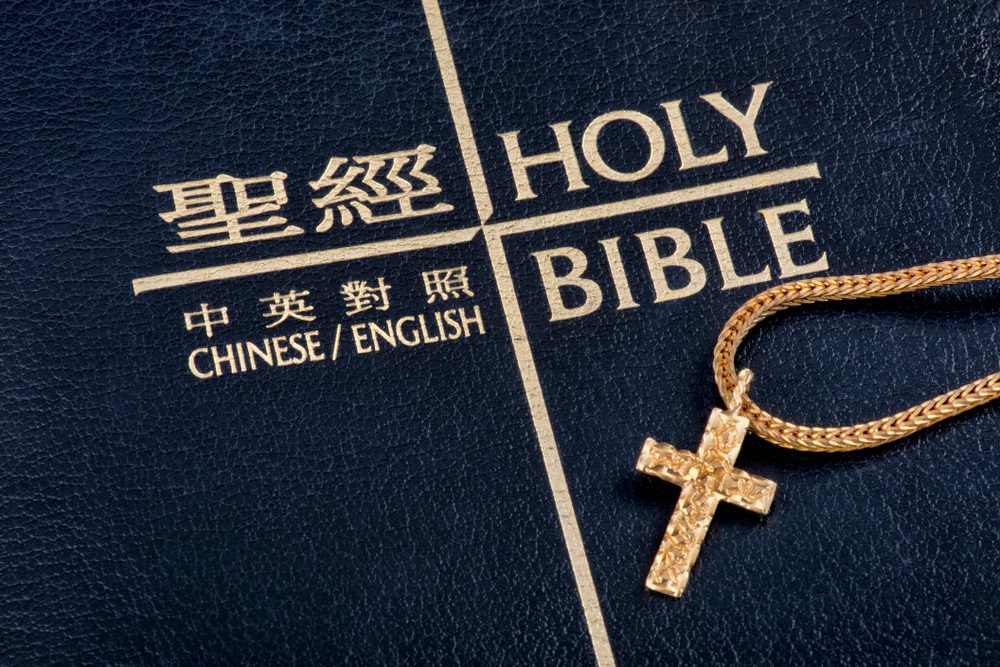
Relations between China and the Vatican are still far from settled and the Pope is seeking a new agreement with the Chinese authorities, just as the trial of Hong Kong’s Cardinal Joseph Zen, accused of being a pro-democracy activist, is about to take place.
The agreement between the Pope and the Chinese government on the appointment of Catholic bishops—the exact content of which has been kept secret—was first reached in 2018. It is to be renewed every two years. It provides for the Chinese authorities to submit to the Vatican for approval of candidates for the episcopate chosen by them, and not vice versa.
Cardinal Zen has been very critical of this agreement on several occasions. Nina Shea, the director of the Centre for Religious Freedom at the Hudson Institute, believes that things have only gotten worse since the agreement was signed. “The CCP has all but destroyed the Catholic underground church and tightened conformity with its teachings over the patriotic church,” she explains.
Vatican diplomacy defends the agreement by explaining that it is necessary to find a way out, even if unsatisfactory, when a situation seems irremediably blocked.
The conclusion of the agreement in 2018 had thus allowed the regularisation of seven bishops, who had been appointed without the approval of the Vatican. Among them, according to the French Catholic website Le Salon Beige, is Bishop Paul Lei Shiyin. Living with a wife and children, he had been consecrated without a papal mandate in 2011. Pope Francis lifted his excommunication in accord with the secret agreement between the Holy See and Communist China. The bishop in question is also known to have celebrated a Mass in his diocese in honour of the birth of the Chinese Communist Party.
The renewal of the agreement in 2022 should be accompanied by new provisions, such as the establishment of a “study mission” of the Holy See in Beijing. Such a mission already exists in Hong Kong. But in Beijing, its purpose would be different: it would mark the first attempt by the Vatican to renew diplomatic relations with China since 1951. It would not, however, be a nunciature, as the establishment of a nunciature in Beijing would mean the Holy See closing the existing nunciature in Taipei, Taiwan. The Vatican is one of the few states in the world to have official diplomatic representation to the Taiwanese government.Pope Francis said he was ready to meet with the Chinese authorities. He would have liked to take advantage of his trip to Kazakhstan to establish contact with Xi Jinping, who was visiting there, but his appeal did not receive a favourable response.
